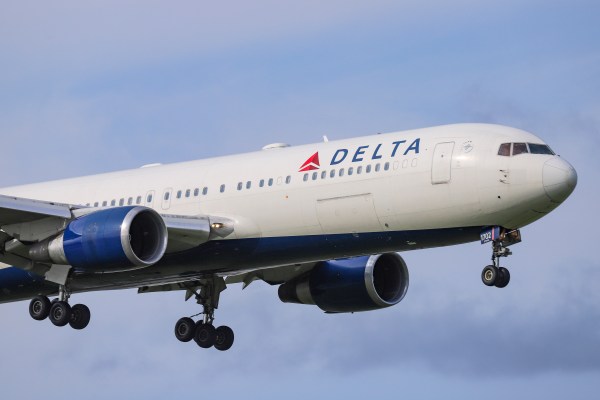Huge travel platforms that run airline booking systems like Sabre and Amadeus were invented eons ago and are so large and cumbersome that innovating with them is no easy feat. In the same way that challenger banks have come along to re-invent the banking software Starck, UK startup Duffel has done the same in the travel market, linking up airlines directly with travel agents with a 21st Century platform.
Today it’s announced a $30m Series B funding round from investors Index Ventures, and they were joined by existing investors Benchmark Capital and Blossom Capital . Its airline partners already include American Airlines, British Airways, Lufthansa Group, Aegean Airlines, Vueling, and Iberia.
Duffel will use the new funds to hire more engineers and increase its broader team. It is focusing on expanding in North America and Europe, with its first customers drawn from the US, UK, Canada, France, Germany and Spain.
Duffel enables travel agencies to plug in directly to airlines’ reservation systems via an API so that they can pull real-time flight offers, make bookings, access live seat availability, and buy extra services. This means new digital and mobile app-based travel agencies – Duffel’s target market – can bypass the long lead times and high costs associated with the legacy flight booking systems. They are then able to see live seat availability from some of the world’s biggest airlines, as well as additional offers on in-flight meals or luggage allocations.
Steve Domin, co-founder and CEO of Duffel, said: “A new breed of online agencies want to access reservation systems quickly and seamlessly. By reinventing the underwiring between online agents and airlines we can transform the world of travel booking and reduce barriers to entry for innovative new companies that are offering travelers a whole new way of creating a holiday or trip.”
In the same way that banking systems have been opened up by deregulation, the International Air Transport Association (IATA) created a new industry standard, known as New Distribution Capability (NDC), which transformed the way air products are retailed through the use of modern XML technology. The problem was, the legacy platforms didn’t take much interest. Duffel has obviously come along to take advantage of that.
Jan Hammer, partner at Index Ventures, said: “We are incredibly impressed by the Duffel team, who we have supported since the days of their seed funding. There is an opportunity here to transform the booking experience for travelers and ease many of the pain points in the industry. From the launch of budget airlines to sharing economy businesses like Airbnb, travel has changed and Duffel will provide the tools, built from the ground up, that make the next wave of innovation possible.”
Speaking to TechCrunch, Domin said: “Historically it’s been very hard to sell travel products to agencies. Integrations are hard. There is too much complexity. We are bundling it all into a very simple API and 2 hours later you can have it running on a site or a mobile app.”
“We are connecting directly to airlines’ reservation systems. If you go on a site that uses Duffel, we will forward – to the airline – the right search request, and the airline generates the offer in real-time.”
“Airlines were trying to modernize their booking systems with Amadeus and Sabre but they have not moved quickly on adapting to what the airlines wanted. When the IATA came up with its new XML platform, no-one wanted to use it. So we did.”
Is Duffel a threat to the legacy platforms? “Potentially,” he says, “but I don’t think they see it that way. They don’t see the benefit of engineering and developer experience. In a way, I hope we will be a threat but I don’t think we are right now.”
He said Duffel has future plans to expand to other products like trains and hotels.
